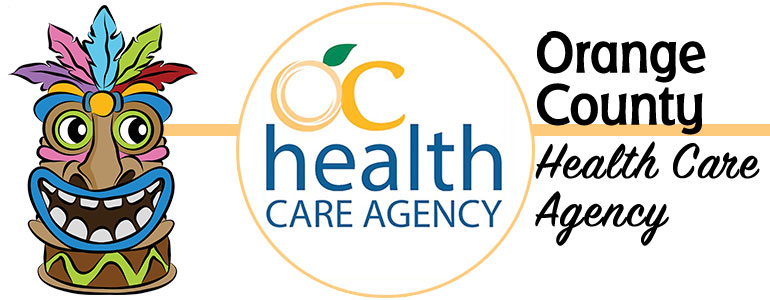
The California Department of Public Health (CDPH) issued a warning to school leaders last week about a new and concerning “rainbow fentanyl,” a potentially fatal drug found in brightly colored pills and powders that could attract young people.
In its letter, the CDPH points to a recent warning from the U.S. Drug Enforcement Agencythat notes the highly addictive and potentially deadly “rainbow fentanyl” has been found in at least 18 states. Read the full CDPH warning.
Fentanyl is a synthetic opioid that is 50 times more potent than heroin and 100 times more potent than morphine. Just two milligrams of fentanyl, which is equal to 10-15 grains of table salt, is considered a lethal dose, according to the Centers for Disease Control and Prevention (CDC).
“Youth drug misuse and abuse is growing in our state with one in eight teens reporting abusing an illicit substance in the past year,” said Dr. Veronica Kelley, Chief of the OC Health Care Agency (HCA) Mental Health and Recovery Services division. “Counterfeit pills are easily accessible via social media platforms and are increasing laced with fentanyl – one pill can kill!”
The CDC says fentanyl and other synthetic opioids cause most overdose deaths in the country. While these drugs generally have no tell-tale tastes, smells or visual indicators, there are signs associated with opioid overdoses. They include:
- Small, constricted “pinpoint pupils”
- Falling asleep or losing consciousness
- Slow, weak or no breathing
- Choking or gurgling sounds Limp body
- Cold and/or clammy skin
- Discolored skin (especially in lips and nails)
“These brightly colored pills or powders laced with fentanyl could easily be mistaken for candy or chalk and pose a threat to our community,” said Dr. Regina Chinsio-Kwong, County Health Officer and HCA Chief Medical Officer. “I urge everyone in the community to spread awareness and learn how to use naloxone in the event of a fentanyl overdose or poisoning.”
Some California schools have created naloxone policies in response to increases in opioid overdoses among youth. Naloxone is a life-saving medication used to reverse an opioid overdose. The CDPH encourages schools that are interested in developing these policies and receiving free naloxone to review relevant regulations and apply for a Statewide Standing Order for Naloxone.
The California Department of Health Care Services (DHCS) Naloxone Distribution Projectoffers free naloxone to qualified organizations, including schools and universities.
Visit the CDPH Overdose Prevention Initiative site for more information, including resources for adult role models and educators.
Get more facts about fentanyl from the Centers for Disease Control and Prevention (CDC).
